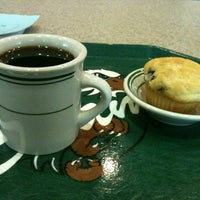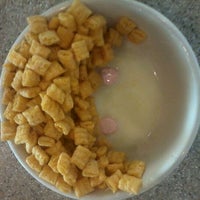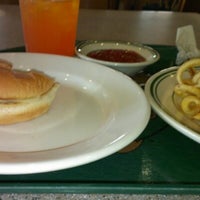Peanuts, tree nuts, fish, eggs, milk, soy, and wheat.






Foursquare © 2025 Lovingly made in NYC, CHI, SEA & LA

Created by Jacey Monroe
24 items • 16 followers

Created by Jacey Monroe
25 items • 12 followers
Make sure your information is up to date. Plus use our free tools to find new customers.